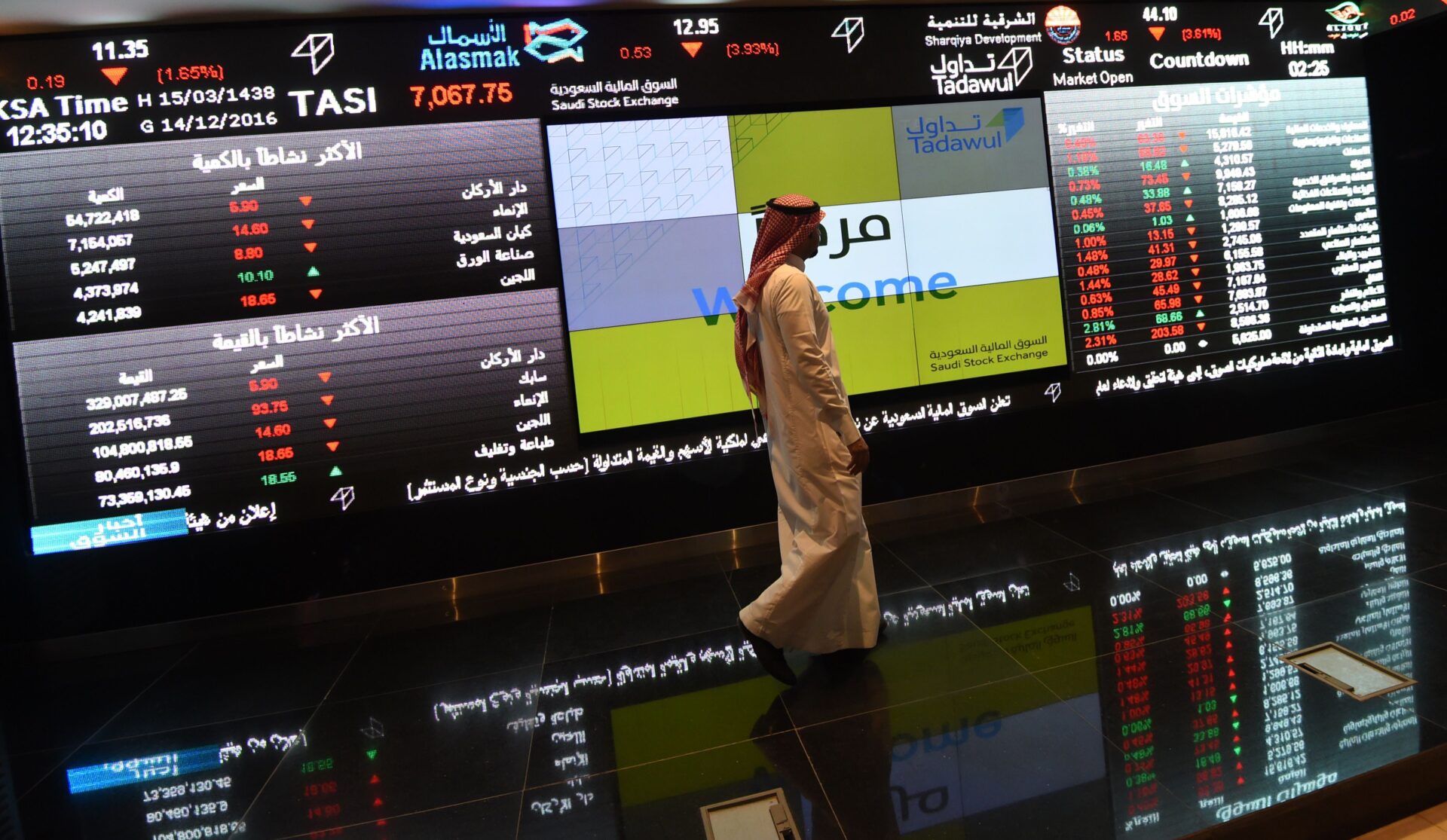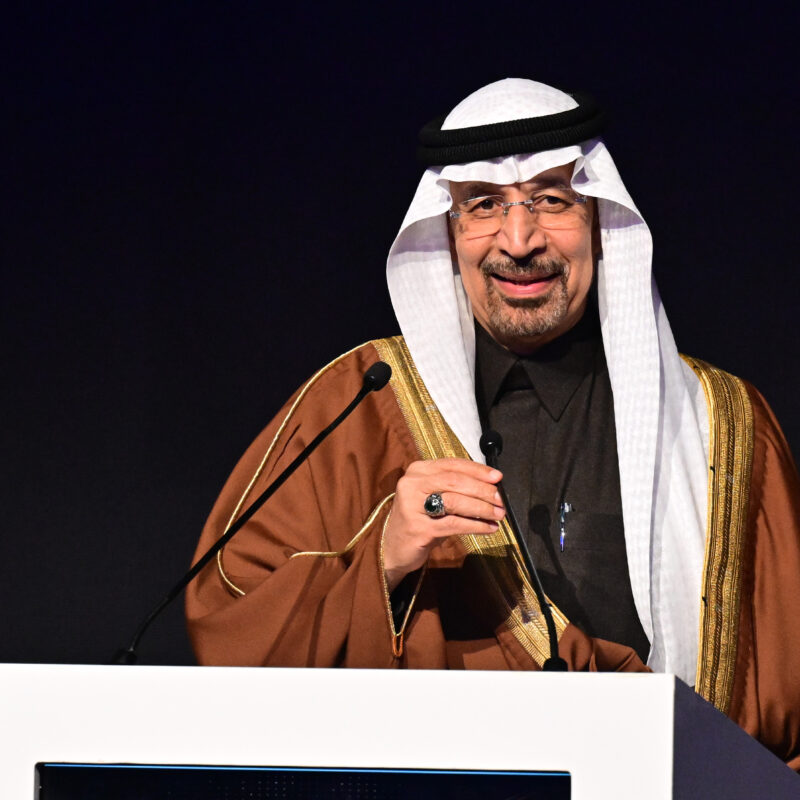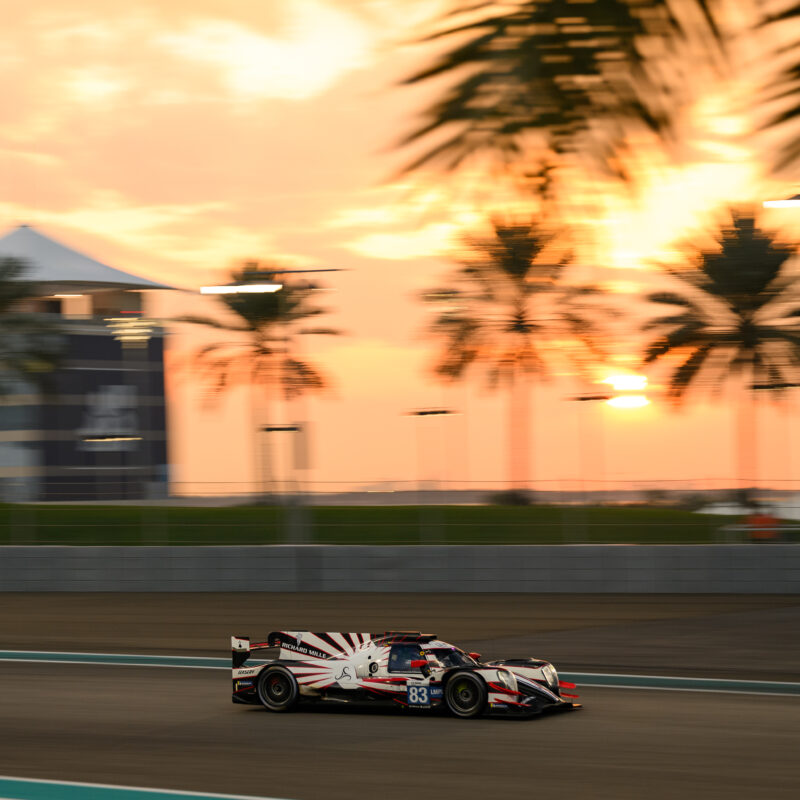
Oil, tech and Tom Cruise fuel surge in Mideast IPOs
As Gulf generates buzz in sports and entertainment, investors follow the money to stock exchanges in Riyadh and Dubai
When Jamjoom Pharma sold a 30% stake in its generic drug business on Saudi Arabia’s Tadawul stock exchange in June, the company raised $336 million and generated new interest in the Gulf amid an IPO drought in other markets.
The Saudi listing came two weeks after an IPO in the United Arab Emirates by Adnoc Logistics and Services, a subsidiary of the national oil company, raised $769 million. Likely to follow soon is an initial share sale by Abu Dhabi-based Lulu Group International, which operates hyper-supermarkets across the Middle East and obtained $2.7 billion from banks this month to refinance debt.
The new crop of stock offerings follows a record year of 51 IPOs across the Middle East and North Africa region that has brought investors flocking to Dubai, Riyadh and other Gulf financial centers. Led by sovereign wealth funds in Saudi Arabia, the United Arab Emirates and Qatar, whose assets have ballooned with high oil and gas prices, companies are recognizing new opportunities to raise cash.
“It starts with a lot of noise and then the noise turns into actual investment,” Ryan Lemand, co-founder and CEO of Neovision Wealth Management in Abu Dhabi, told The Circuit.
The noise has been amplified by the massive construction projects, expanding government spending and barrier-breaking foreign activities, such as the merger of the Saudi-backed LIV Golf tournament with the PGA Tour and the UAE’s cultivating Hollywood stars such as Tom Cruise, whose latest “Mission Impossible” movie was partly filmed in Abu Dhabi.
“This places the region on the world map,” Lemand said. “Whether it’s the movies or talking about a new economic area called Neom in Saudi Arabia, which is hiring engineers from Europe and the U.S. People start getting interested in them and say, ‘Hey, I want to place my money in these ventures. Because these ventures are new, they’re going to go up in value. So I want to be an early contributor to this.’”
Also contributing to the buzz was the UAE’s agile management of the COVID-19 pandemic and its tax-free economy, which drew Russian tycoons, crypto billionaires and investment bankers who have sparked a boom in real estate sales. In turn, asset managers such as AllianceBernstein and Brevan Howard are opening new offices in the country, along with dozens of hedge funds.
Among the IPOs currently in the pipeline are Ducab, a Dubai-based maker of cables and wiring; Alef Education, an education technology business in Abu Dhabi; and Dubai Taxi Corp., investment managers said. Other Emirati companies that may soon start selling shares include Pure Harvest, which grows crops in arid environments; Kitopi, a platform for managing restaurants’ cloud kitchens; and Dubizzle, an online classified advertising firm.
Companies in the MENA region staged 13 IPOs in the second quarter, a 44% increase over the same period a year ago, according to a report by the consulting firm Ernst & Young. Demand for the public share sales is skyrocketing, as evidenced by Adnoc L&S’s IPO, which was 163 times oversubscribed. The popularity of state asset sales has led Dubai to outline plans for privatizing 10 enterprises, including the toll-road company, Salik, and its water and electricity utility, Dewa, which went public last year.
Another recent phenomenon is IPOs by family-owned companies such as Al Ansari Financial Services, the UAE’s largest chain of currency exchange offices, which raised $210 million on Dubai’s stock market in April.
“The second quarter of 2023 confirmed that MENA IPOs are not experiencing the downward trend witnessed globally,” Brad Watson, EY MENA’s IPO and transaction leader, said in the report. “The UAE and Saudi Arabia continue to be the most active markets in the MENA region in terms of both the number and size of IPOs.”
Interest in the Saudi market has been growing since 2019 when Saudi Aramco, the world’s biggest oil producer, raised more than $29 billion by selling off just 1.5% of the company. In the past five years, market capitalization of Saudi Arabia’s publicly held companies has soared by about 475%, with 269 listed on the stock exchange compared to 188 at the end of 2017.
Masdar, Abu Dhabi’s renewable energy company, sold its first green bond last month on the London Stock Exchange, raising $750 million to fund new solar, wind and other clean energy projects in a round that was more than five times oversubscribed.
“This is a defining moment for Masdar and climate finance,” said Masdar Chairman Sultan Al Jaber, who is president-designate for the United Nations Cop28 environmental conference scheduled for the end of November in Dubai. “The demand for green bonds is extremely high and will enable investment in renewable energy projects, many of which will be in developing economies and climate-vulnerable countries.”
Amid global fears of recession and the recent meltdown in financing for startups in the U.S. and Europe – illustrated by the collapse of Silicon Valley Bank and Credit Suisse this year – many of the world’s best-known investors are looking to the Gulf for salvation. Marc Andreesen and Ben Horowitz, co-founders of venture capital firm Andreesen Horowitz, appeared onstage in late March at the Saudi-funded Global Priority Summit in Miami and said they were so impressed with the enthusiasm they found in Riyadh that they brought top executives from their portfolio companies to pitch there.
Ghanem Nuseibeh, a founder of Cornerstone Global Associates, which has offices in London and Dubai, compares the current atmosphere in Saudi Arabia and the UAE to the UK’s privatization campaign and economic rebound under Prime Minister Margaret Thatcher in the late 1980s.
“They are diversifying away from fossil fuels and, in addition to making themselves more competitive economies, they are also making themselves more attractive to international investors,” he said.


